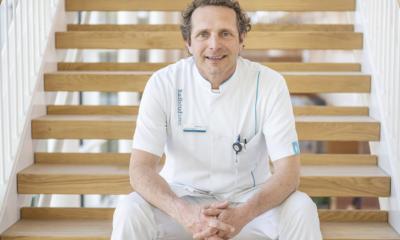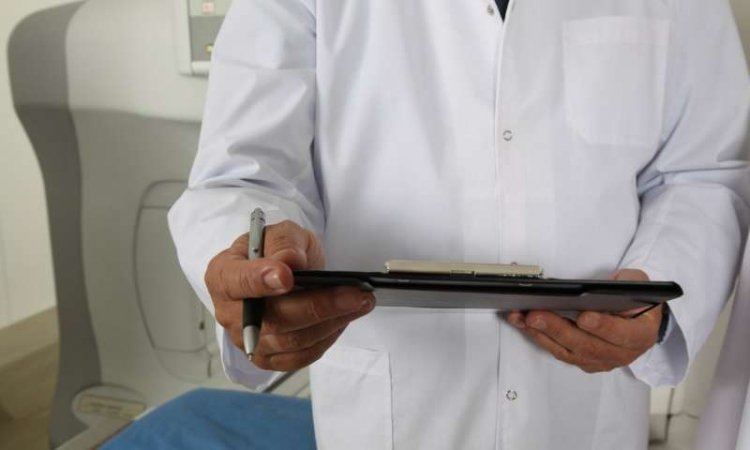
Image source: Adobe Stock/gpointstudio
News • Workflow assessment
Speeding up surgery times with separate patient preparation
Preparing patients for surgery in a separate space from the operating theatre brings significant benefits in freeing up operating theatre schedules and staff time, according to new research from the University of Bath.
Published in the journal Omega, the study carried out in urology clinics in Turkey demonstrates an average of 40% improvement in theatre idle times and benefits for patient waiting times when surgery procedures are reconfigured. The researchers, in Bath and at TED and Bilkent Universities in Turkey, put to the test the idea of scheduling parallel processing – preparing a patient for surgery (‘induction’ involves blood tests and other measurements required to monitor the patient during surgery, and anaesthesia) at the same time as preparing the operating theatre ready for its next patient (known as ‘turnover’).
The benefits are both in terms of freeing up space for more procedures and also for improving patient flow between induction and surgery. For staff it can help to ease the burden of working under considerable strain
Melih Celik
The idea of parallel processing is not new – it has been proposed in the United States and is in limited use in the UK – but the complexity of coordination needed to put it into practice effectively can be prohibitive. The researchers wanted to test out a system that could make implementing the technique feasible. They used complex models and computer simulations to schedule patient appointments, to assess how effectively the approach reduces waiting time for theatre availability, and also the cost of running these rooms.
“Scheduling theatre time is a very complex process, particularly given the level of uncertainty around the length of surgical procedures. What our work shows is that we can take complicated mathematical models, and turn them into simple, automated procedures which can be used by hospitals to improve their current systems,” said Dr Melih Celik from Bath’s School of Management. “The research clearly shows a benefit to patients in increasing operating theatre availability by reducing the time the space is idle. The benefits are both in terms of freeing up space for more procedures and also for improving patient flow between induction and surgery. For staff it can help to ease the burden of working under considerable strain.”
To be put into use, the research will need software development. The researchers hope that it provides an interesting area for exploration by healthcare managers, even if the required investment and adjustment is currently difficult in light of the challenges facing the NHS. The team hopes to set up pilot schemes in hospital settings in Turkey.
Source: University of Bath
18.01.2023





